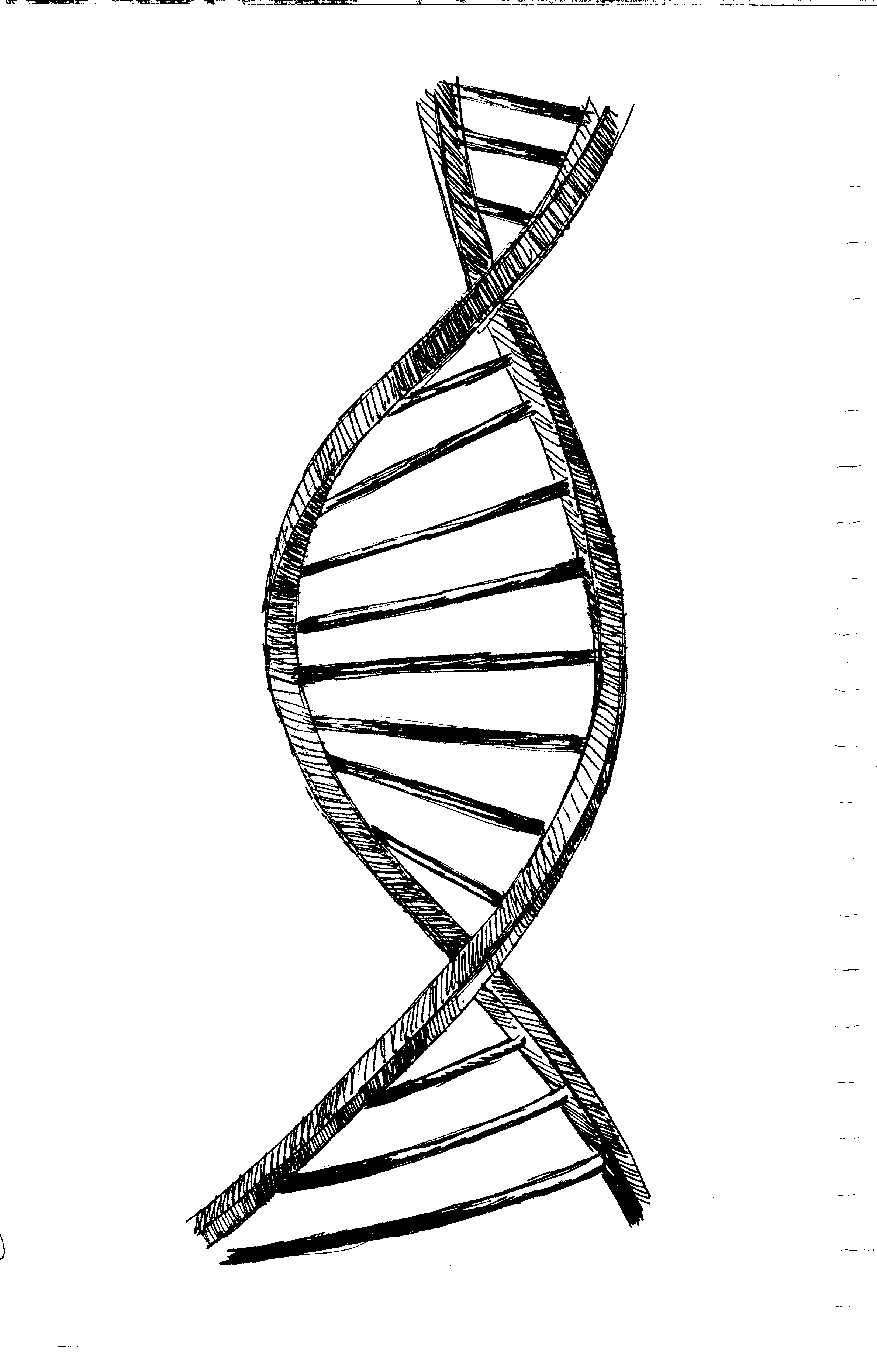CRIME: Maryland should be able to take the DNA of people that they arrest.
By Emilie Bean, Opinions Editor
How much are we willing to give? Do we draw the line at our very own blood? On Tuesday the U.S Supreme court talked over just that. Maryland has a practice of collecting genetic information from people arrested — but not convicted — on serious charges in hopes of using it to solve old cases. The four-year-old DNA collection law was overturned by Maryland’s top court last year and was argued at the Supreme Court on Tuesday. This debate draws serious questions from the justices. How far are the police allowed to push? Yet, one also has to keep in mind that this DNA testing may solve crimes that would have otherwise remained unsolved forever. Justice Samuel A. Alito Jr. is calling it “perhaps the most important criminal procedure case” in decades.
The DNA collection track record has helped so far, helping Maryland close 43 cases since it took effect. However, Justice Antonin Scalia said the convictions figure “proves absolutely nothing. I’ll bet you if you conducted a lot of unreasonable searches and seizures, you’d get more convictions, too,” he said.
Justice Scalia has a point, but is taking DNA really an invasion of privacy? An elderly woman was raped and the case was seemingly at a dead end. Yet, a man was arrested. The police swabbed his cheek for DNA and proved that he was the rapist. But did the police cross a line? Some say taking the DNA without a warrant violates the fourth amendment. So why doesn’t finger printing violate the fourth amendment?
The resolution here is that a rapist has finally been convicted of the crime he committed. There are many more criminals out there like him and if the United States adopted this system, more would be brought to justice.
One of the questions that has come to light is: what happens to the DNA if the person is found innocent? If the DNA was still kept in the database many more people would be against the practice. However, Maryland law requires that if the person is found innocent the DNA sample must be destroyed. This seems like a fair trade. If one is innocent, then one shouldn’t be afraid to give up a little DNA to help out the police. The guilty are the only ones that need to fear this law. So for them, this may seem like a terrible idea, but for the innocent, this may just be what our nation needs to help clear old cases.

